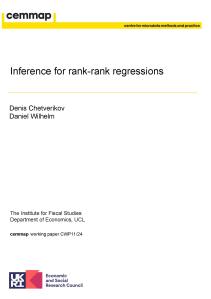Economic theory often provides shape restrictions on functions of interest in applications, such as monotonicity, convexity, non-increasing (non-decreasing) returns to scale, or the Slutsky inequality of consumer theory; but economic theory does not provide finite-dimensional parametric models. This motivates nonparametric estimation under shape restrictions. Nonparametric estimates are often very noisy. Shape restrictions stabilize nonparametric estimates without imposing arbitrary restrictions, such as additivity or a single-index structure, that may be inconsistent with economic theory and the data. This paper explains how to estimate and obtain an asymptotic uniform confidence band for a conditional mean function under possibly nonlinear shape restrictions, such as the Slutsky inequality. The results of Monte Carlo experiments illustrate the finite-sample performance of the method, and an empirical example illustrates its use in an application.










